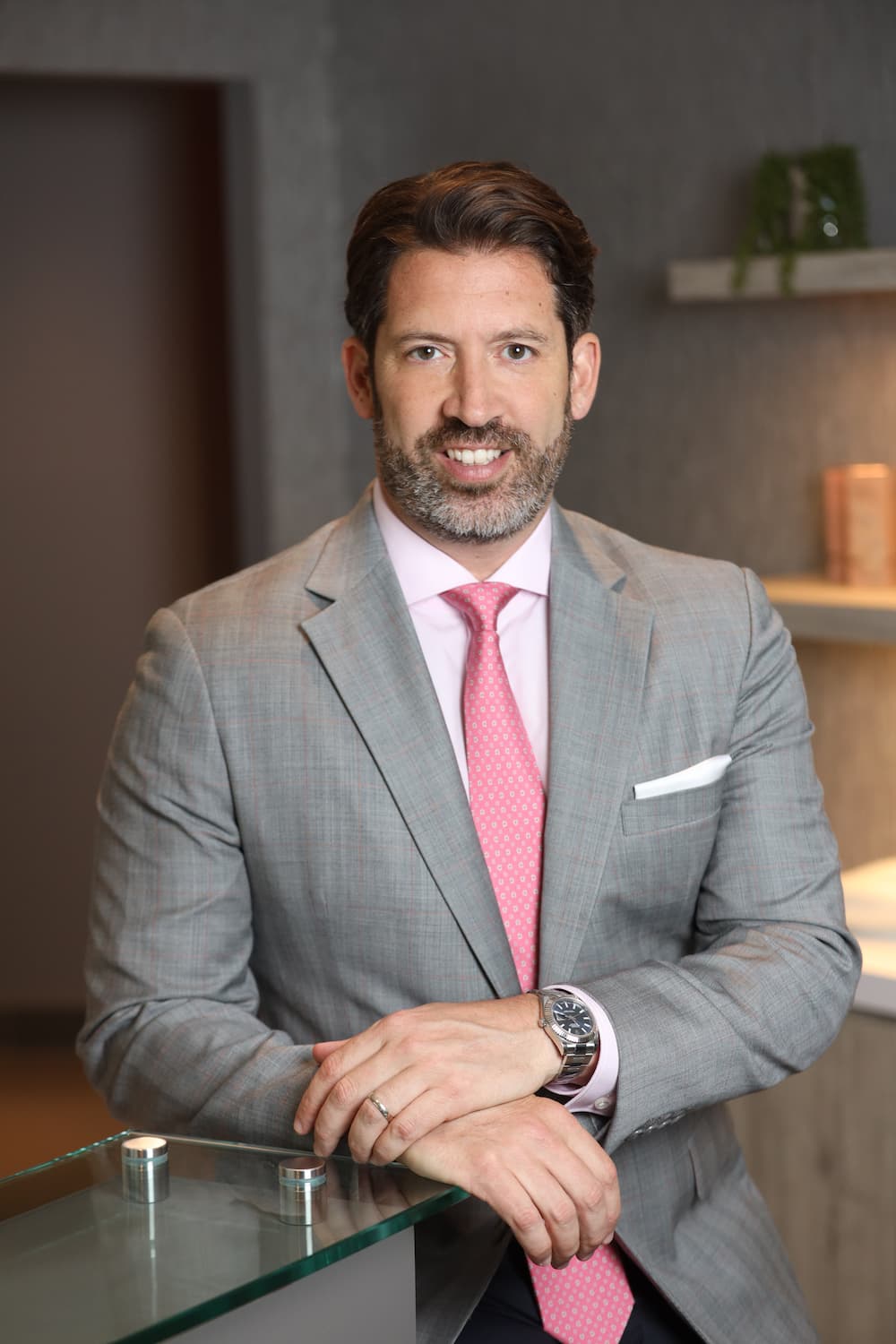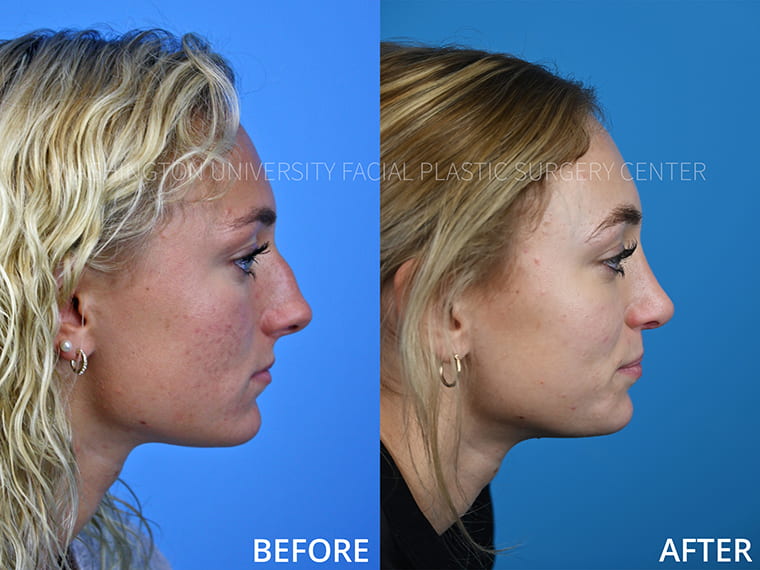Premier Plastic Surgery Seattle: Expert Care for Your Visual Transformation
Premier Plastic Surgery Seattle: Expert Care for Your Visual Transformation
Blog Article
A Deep Dive Into the Usual Validation for Seeking Aesthetic Surgery: Unloading the Need for Adjustment and Self-Improvement

Social Stress and Appeal Requirements
Frequently, societal stress and dominating charm criteria play a substantial role in individuals' decisions to go after plastic surgery (liposuction bellevue). In contemporary culture, aesthetic representation heavily influences individual perceptions of appearance, often perpetuated by media, star endorsements, and social systems. These networks regularly advertise idyllic versions of appeal, leading people to internalize these standards and examine their self-regard against them

In addition, these stress are not restricted to particular demographics; they affect people throughout various ages, genders, and histories, highlighting the pervasive nature of beauty criteria. This prevalent influence raises vital concerns regarding the ethics of plastic surgery and the effects of societal standards on individual selections. Eventually, comprehending these pressures is critical for cultivating a more comprehensive meaning of beauty that commemorates diversity.
Personal Experiences and Transformative Stories
Several individuals who undertake cosmetic surgical treatment report transformative experiences that expand beyond plain physical modifications. For numerous, these procedures act as a driver for enhanced self-worth and a restored sense of identity. People often describe sensation freed from enduring insecurities, causing enhanced confidence in both individual and professional realms.
Take, for instance, the tale of a girl that undertook breast augmentation after years of sensation uncomfortable concerning her look. Post-surgery, she reported not only a newly found convenience in her body but additionally a significant enhancement in her social life and job chances. Similarly, a middle-aged guy that chose to undergo a facelift shared exactly how the treatment renewed his outlook on life, prompting him to go after brand-new passions and relationships.

Psychological Elements Behind Aesthetic Surgical Treatment
Many emotional aspects contribute to the choice to undertake plastic surgery, reflecting deeper mental and psychological wellness considerations. People frequently go after surgical enhancements as a way to resolve sensations of insufficiency, reduced self-esteem, or discontentment with their look. These emotional inspirations can be rooted in past experiences, social contrasts, or individual goals.
Body image distortion is a common issue, where individuals perceive their physical characteristics in an exaggeratedly unfavorable light. This distortion can result in obsessive thoughts about perceived defects, motivating the desire for surgical alteration as a service. Additionally, the pursuit of excellence and social stress can magnify these sensations, pushing individuals toward cosmetic procedures in hopes of attaining an idyllic variation of themselves.
Moreover, the concept of self-improvement plays an essential role. Numerous individuals watch cosmetic surgery as a path to improve their lifestyle, believing that improved look will bring about boosted social approval, much better connections, or enhanced career possibilities. Inevitably, the emotional aspects behind plastic surgery highlight the complex interaction in between individual self-perception and exterior influences, exposing the diverse nature of the need for change.
The Duty of Media in Assumption
In today's culture, media plays a crucial role in shaping assumptions of elegance and self-regard. Through numerous platforms-- social media, television, and advertising and marketing-- idealized criteria of charm are typically shared, influencing specific goals and self-image. These representations frequently stress narrow interpretations of beauty, predominantly including youthful, slim, and electronically boosted images, which can develop unrealistic criteria for people striving to adapt.
The impact of media is more exacerbated by the prevalent nature of social media, where users these details are pounded with curated web content that highlights aesthetic enhancements, supporting a society of contrast. This constant exposure can cause sensations of insufficiency among audiences, triggering them to consider cosmetic surgical treatment as a method of achieving the perceived suitable. Study indicates that individuals who involve with these media representations are most likely to reveal frustration with their look, strengthening the need for surgical treatments.
Moreover, the normalization of cosmetic surgical procedure in media narratives can desensitize target markets, framing such treatments as commonplace and also necessary for social acceptance. Thus, the media's representation of charm not only affects private choices pertaining to cosmetic surgical treatment but likewise contributes to a wider societal dialogue regarding self-respect and identification.
Moral Considerations and Future Patterns
Amid the growing appeal of cosmetic surgical procedure, moral considerations bordering the practice have become increasingly noticeable. As the need for treatments rises, so too do problems regarding educated authorization, the emotional inspirations of individuals, and the capacity for exploitation by specialists. It is crucial for specialists to make certain that people fully understand the dangers and benefits, as well as the effects of their options, to foster an accountable method to aesthetic enhancements.
Additionally, the impact of social networks and charm standards questions regarding the influence on psychological health, specifically amongst vulnerable populaces. As awareness of body photo issues grows, moral method necessitates a mindful analysis of the inspirations behind surgical treatments. Cosmetic surgeons must stabilize client needs with moral responsibility, ensuring that choices are rooted in genuine self-improvement as opposed to societal pressures.
Aiming to the future, patterns may shift in the direction of non-invasive and technically advanced treatments, highlighting patient safety and security and satisfaction. Furthermore, the consolidation of emotional analyses could aid attend to underlying problems before medical treatment. The plastic surgery field need to adjust to these ethical challenges while promoting a culture of openness and self-acceptance, inevitably focusing on the health of patients.
Verdict
In verdict, the search of plastic surgery is affected by an assemblage of social stress, individual experiences, and emotional variables. The need for positioning with dominating beauty requirements, combined with the capacity for transformative outcomes, emphasizes the intricate inspirations driving individuals toward these treatments. Moreover, the Source function of media fit assumptions of appeal can not be underrated. As honest considerations evolve, future trends in cosmetic surgical procedure will likely mirror continuous societal dialogues surrounding self-improvement and specific identification.
Regularly, societal pressures and dominating beauty criteria play a considerable role in people' decisions to seek cosmetic surgical treatment. liposuction bellevue. Ultimately, these transformative tales highlight the complex reasons people look for cosmetic surgical treatment, intertwining personal development with the quest of aesthetic improvement
Many people view cosmetic surgical treatment as a path over here to enhance their top quality of life, believing that enhanced look will lead to boosted social approval, better partnerships, or enhanced profession possibilities. Ultimately, the emotional factors behind cosmetic surgical treatment underscore the complicated interaction between private self-perception and exterior impacts, disclosing the multifaceted nature of the wish for adjustment.
As ethical considerations progress, future trends in cosmetic surgery will likely show ongoing social discussions surrounding self-improvement and private identification. liposuction bellevue.
Report this page